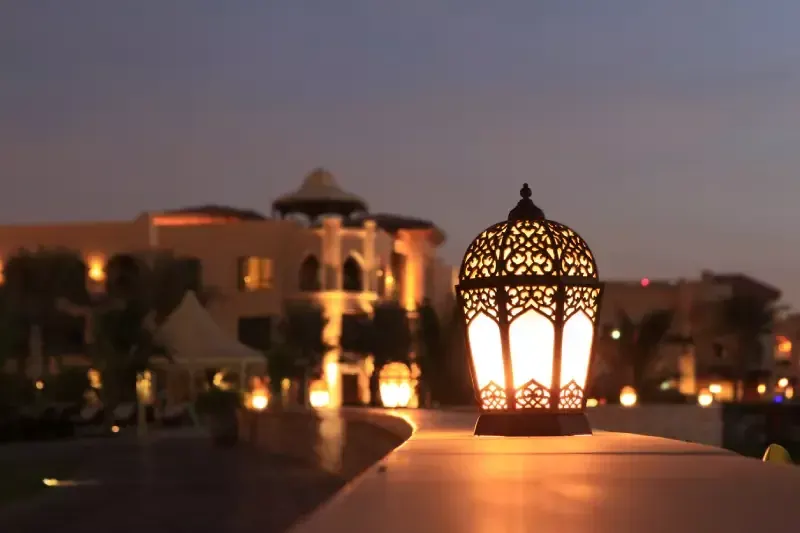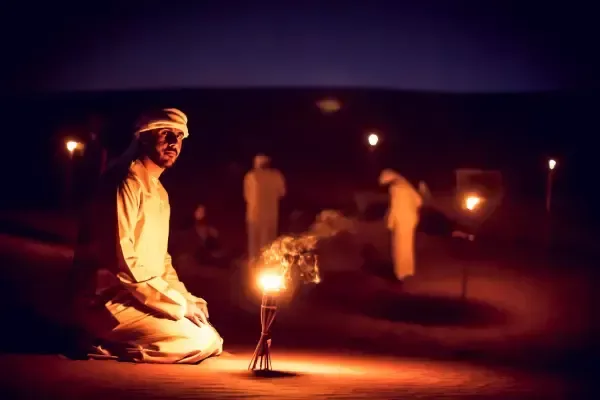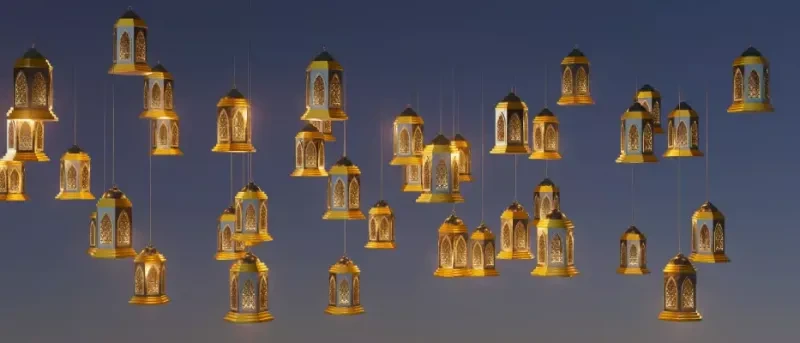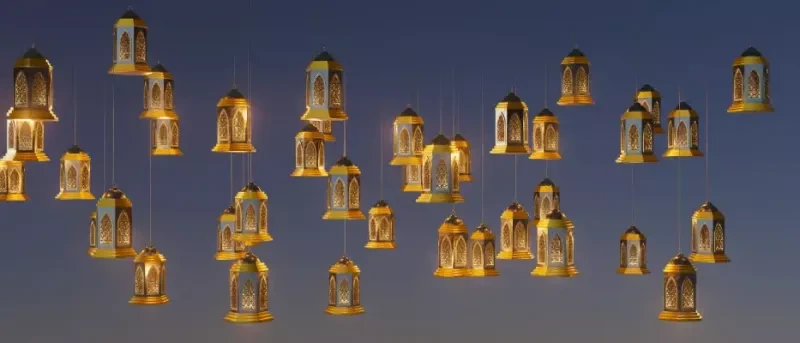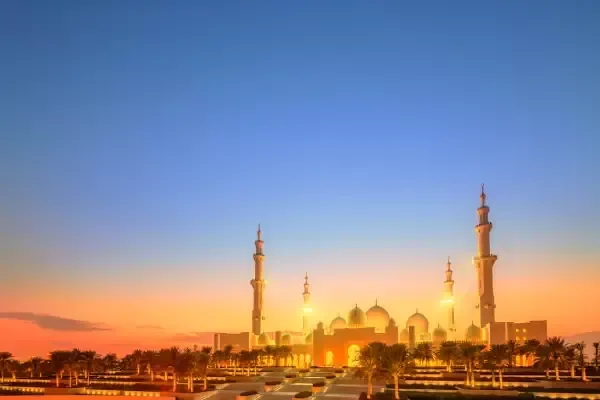Ramadan transforms Dubai into a city of spiritual reflection and vibrant nightlife. This guide unveils the best ways to experience the holy month, from indulging in lavish Iftar buffets at luxury hotels like Atlantis The Palm to joining communal meals at the Sheikh Mohammed Centre for Cultural Understanding. Discover mosque tours at Jumeirah Mosque, explore Ramadan night markets at Expo City Dubai, and witness the firing of ceremonial cannons at sunset. With tips on etiquette, dress codes, and hidden gems like Hatta Heritage Village’s Ramadan Nights, this is your ultimate companion for a meaningful Dubai Ramadan journey.

